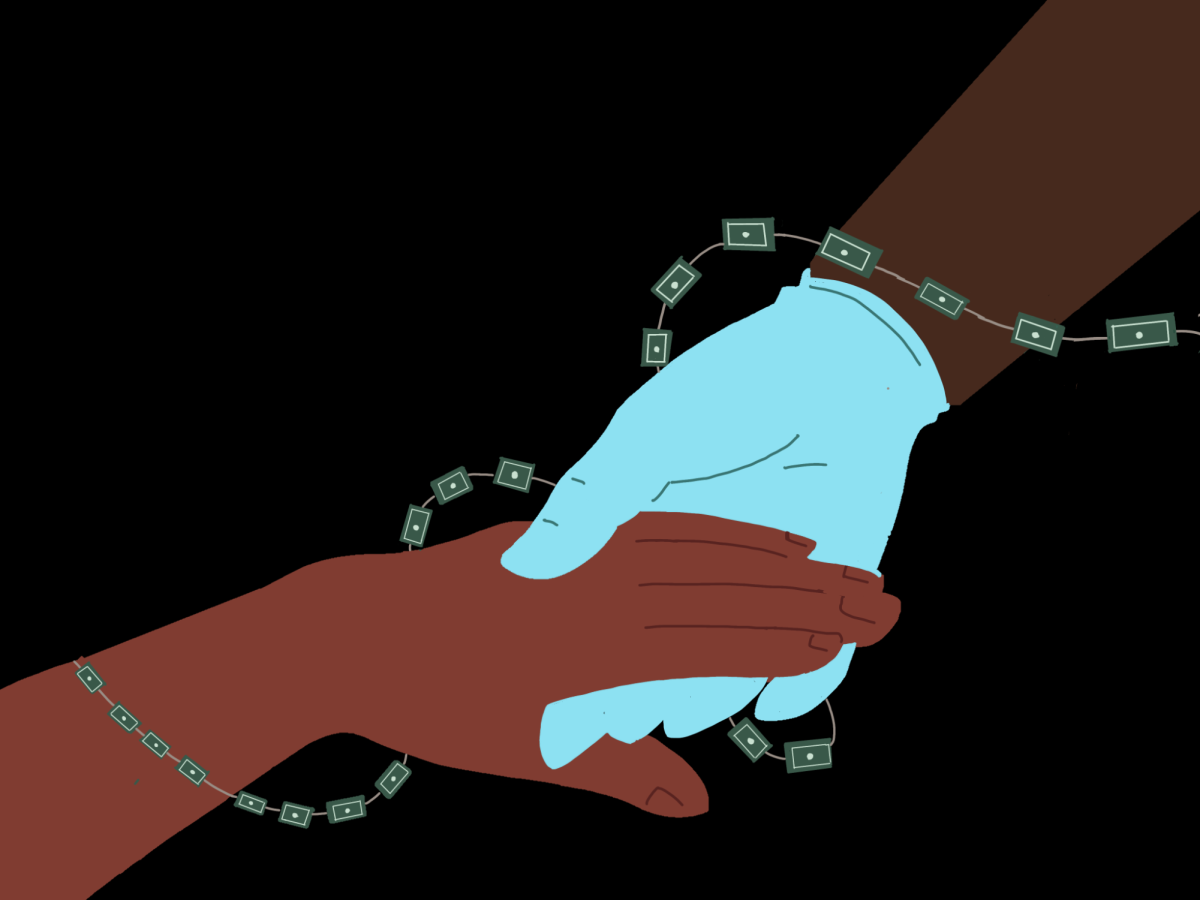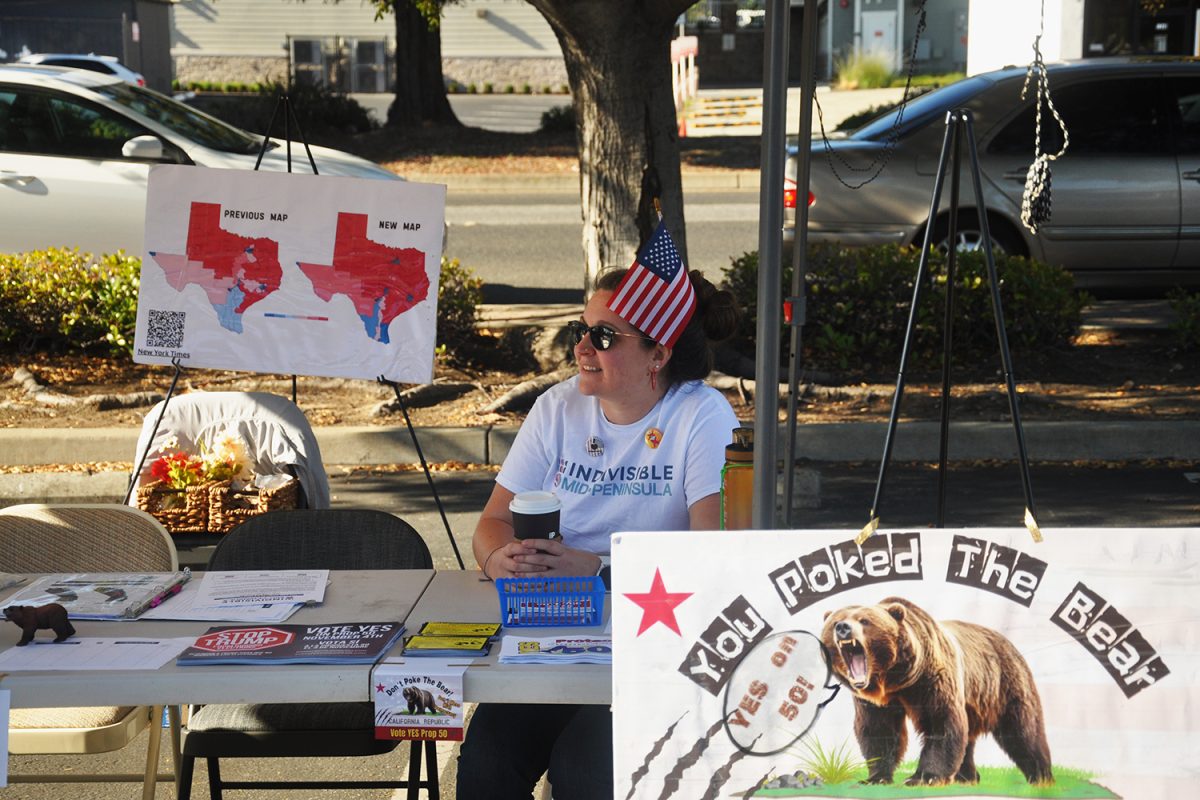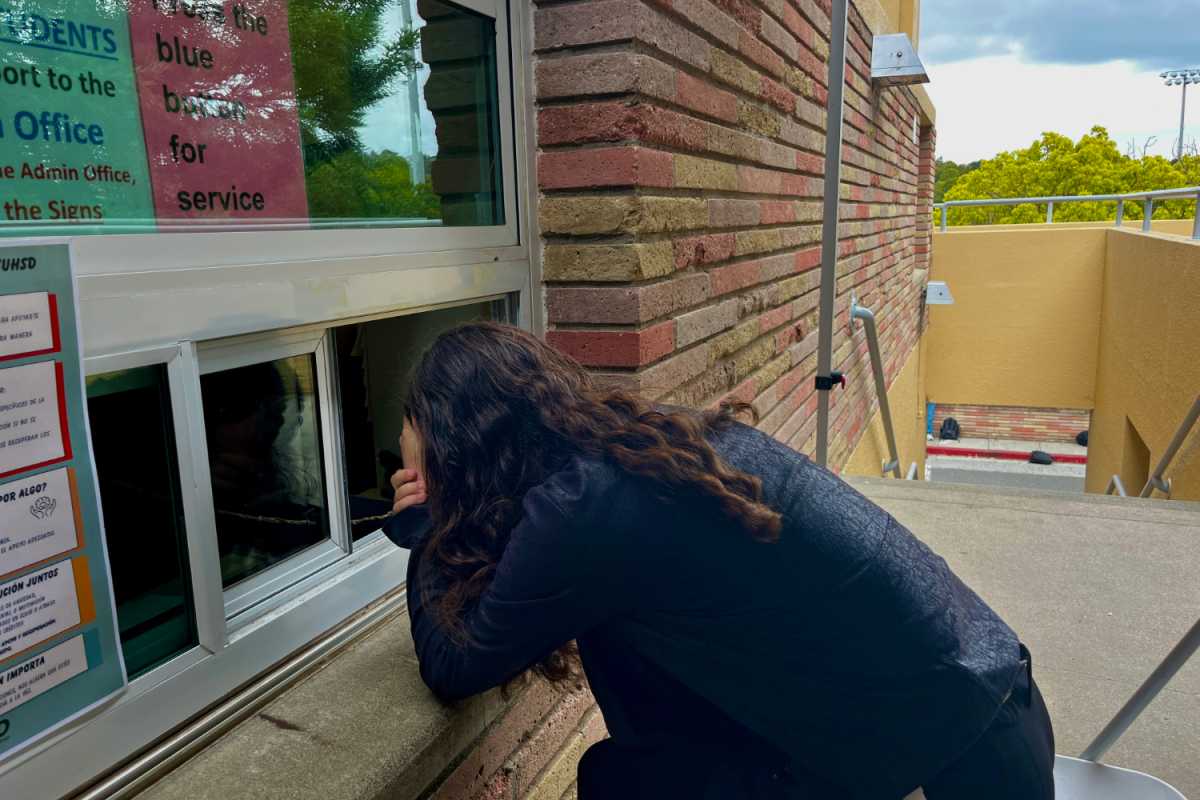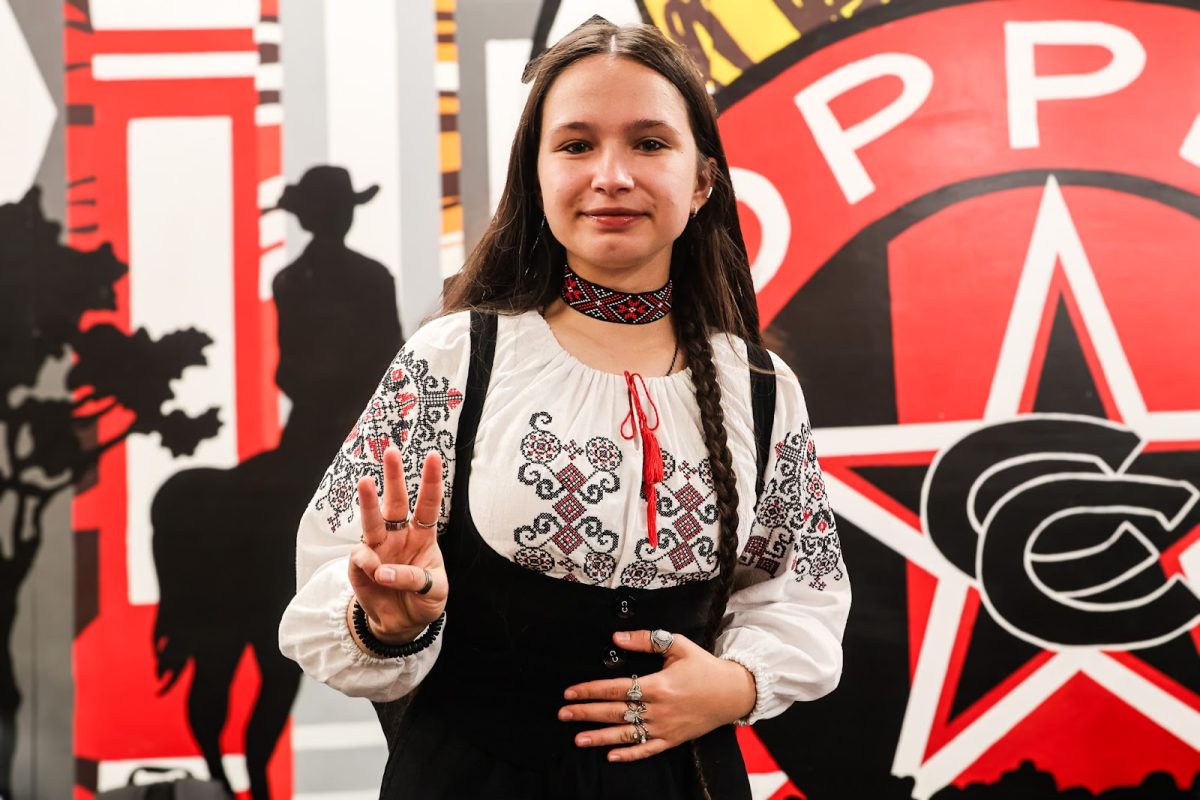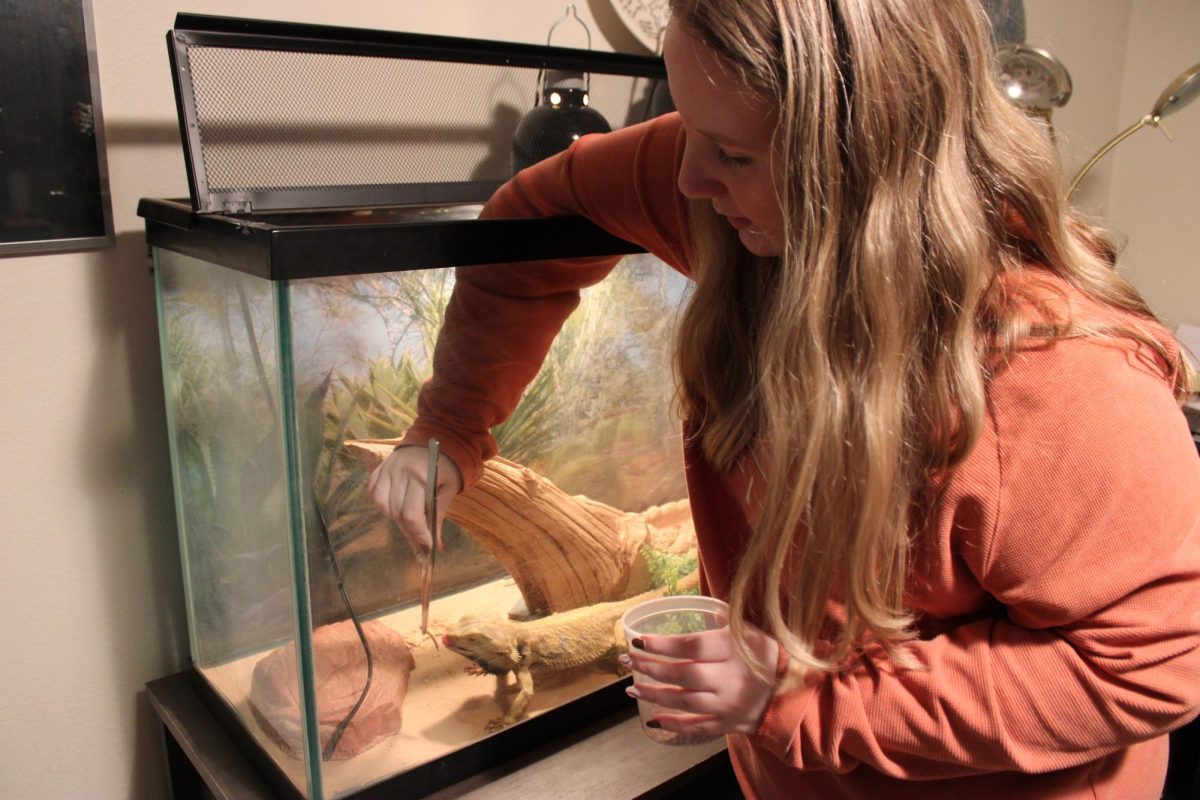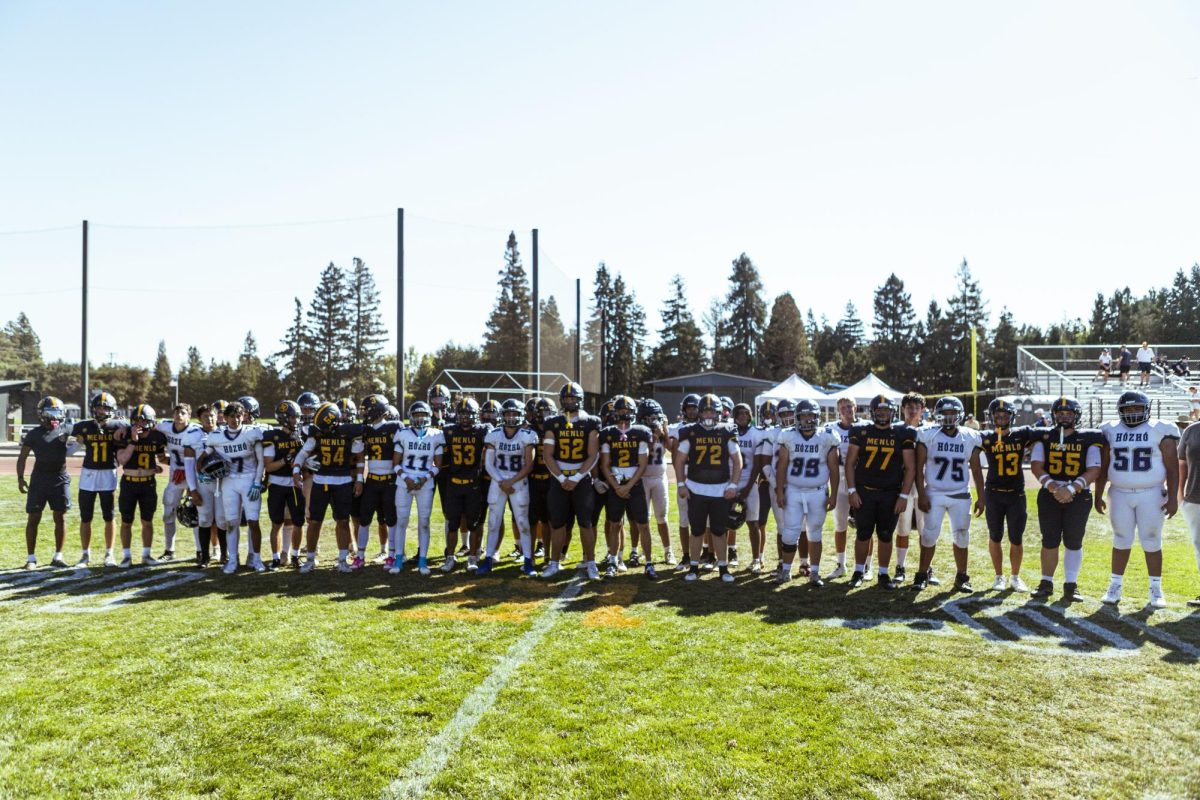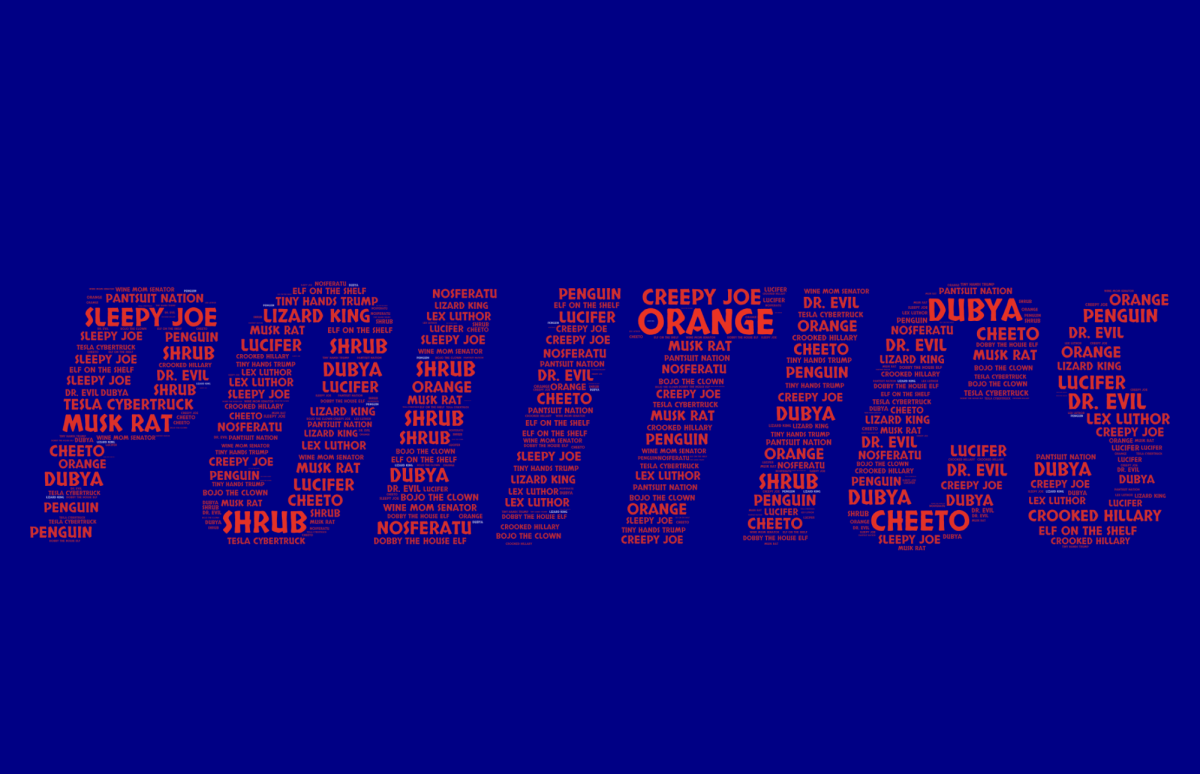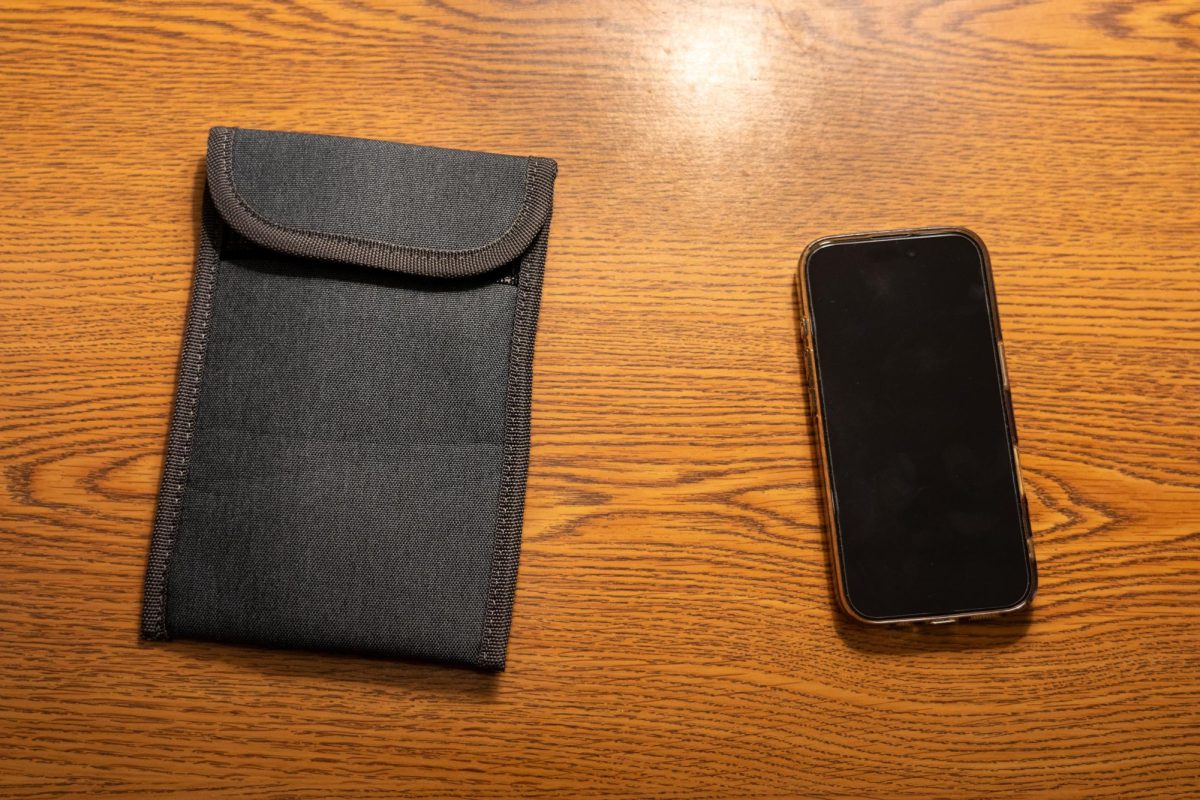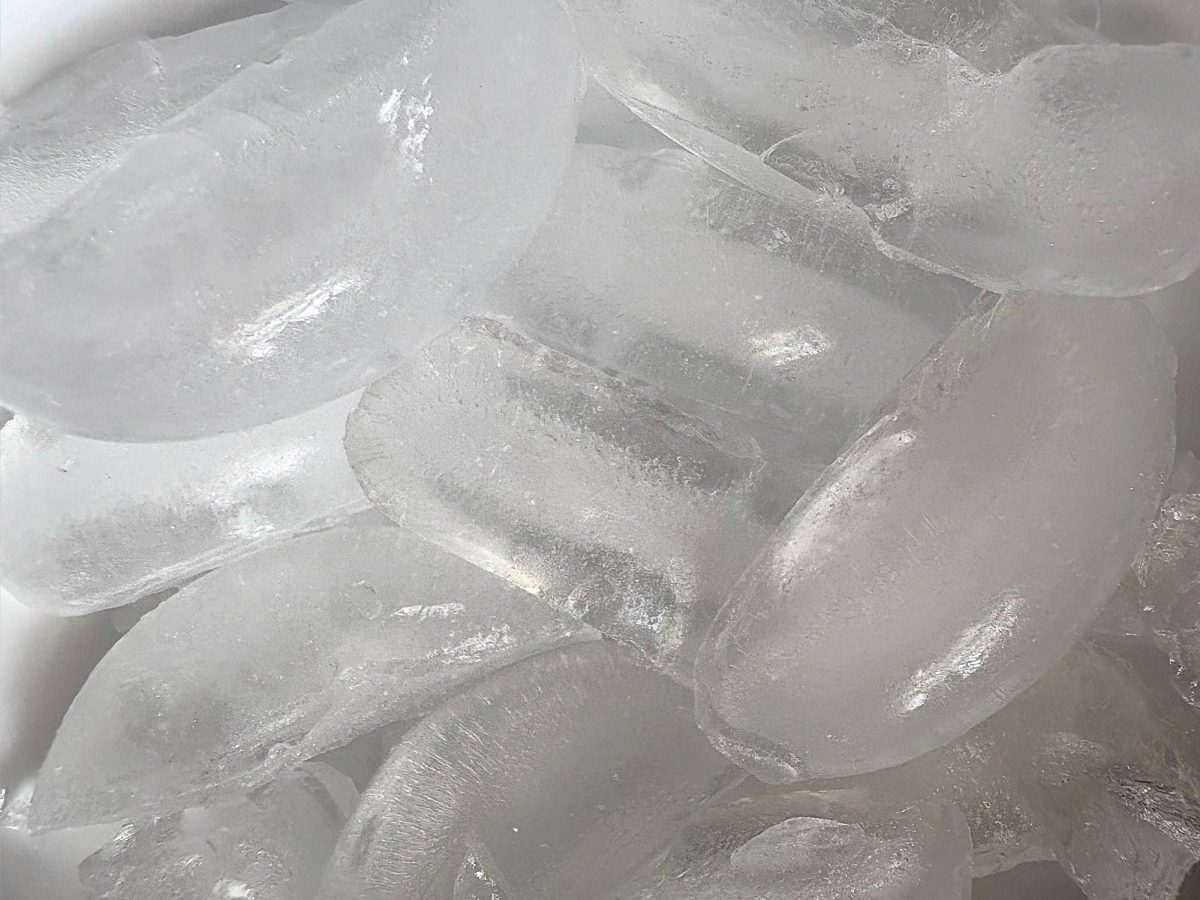The “Ice Bucket Challenge” returns– But who’s really being seen?
Who would have thought a social media trend from over a decade ago would make a comeback? The “Ice Bucket Challenge,” which went viral in the summer of 2014 to raise awareness and funds for ALS (amyotrophic lateral sclerosis), has now returned—but with a new purpose: mental health advocacy.
Nothing has brought more awareness to ALS than the “Ice Bucket Challenge” during the summer of 2014. The ALS Association said the original challenge began when professional golfer Chris Kennedy dumped ice on his head to cheer up a relative who had ALS. Kennedy challenged people, who challenged more people, and the trend blew up once Peter Frates, a Boston College baseball player who was diagnosed with ALS, participated.
More than 1.2 million videos were shared on Facebook between June and August of 2014, and more than 2.2 million users mentioned the “Ice Bucket Challenge” on Twitter between late July and mid-August that year. The ALS Association reported that $220 million was raised because of the “Ice Bucket Challenge” that summer.
Because the original challenge was such a success, the new iteration is attempting to shine a light on an equally important, yet often invisible issue– mental health.
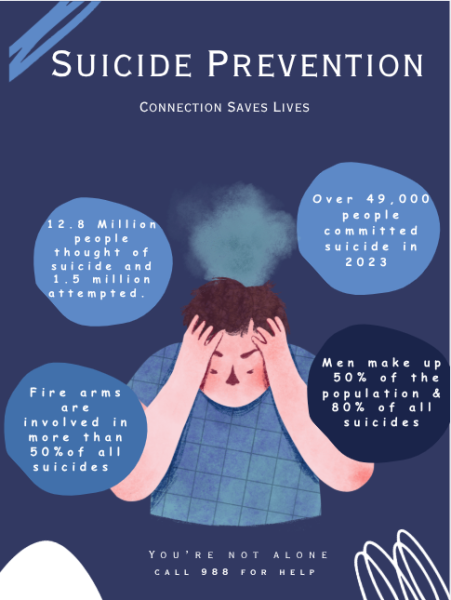
Spearheaded by the University of South Carolina’s Mental Health Needs Discussion (MIND) club, the 2025 “Ice Bucket Challenge” now operates under the hashtag #SpeakYourMIND. The rules are familiar: dump a bucket of ice water on your head, nominate others, make a donation, and share it on social media. This time, proceeds benefit Active Minds, a nonprofit focused on mental health education and advocacy for young adults.
On the surface, it’s an inspiring revival. As of April 29, the campaign has raised over $387,000 and spurred more than 14,000 Instagram posts. But I can’t help asking: who are we actually reaching?
I speak not only as an observer, but also as someone who has lived the silent battles this campaign is trying to spotlight. I’ve made two attempts on my life, one going unnoticed by my friends and family, the other, I was hospitalized for over three weeks. The hardest part wasn’t the act itself– it was the emptiness that followed. I felt had no one to turn to. No hashtag to follow or challenge to include me.
This is the problem with performative awareness: it often overlooks the people who need help the most. Those who are left out of the nominations, who aren’t tagged in videos, who scroll past challenge videos feeling more isolated than before. For people like me, visibility isn’t always healing. Sometimes, it is just a reminder of how invisible we still feel.
Critics of the revived challenge argue that the symbolism doesn’t translate. Pouring a bucket of ice water over your head might metaphorically resemble the shock of ALS-induced paralysis, but what does it have to do with anxiety, depression, or suicidal ideation? The answer, perhaps, is not in the act, but in the conversation it can start– if we let it.
Mental health isn’t a one-size-fits-all experience. Awareness campaigns must reach beyond catchy hashtags and trending videos. They must extend into classrooms, into dorms, into homes– and most importantly– into quiet, unseen moments where people feel most alone.
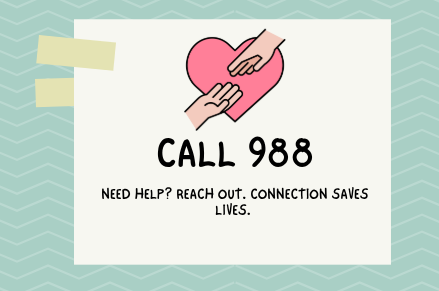
For me, the healing began only when I found a support system that didn’t need a viral challenge to show they cared. My sister lay in bed with me while I cried. My friend called for no reason. My mom let me sit in silence with her when I knew I couldn’t be alone. It didn’t happen overnight– and it is still an uphill battle– but I know that I never truly walked alone.
No one truly walks alone, there is always someone to turn to. If you or someone you know needs help, there are resources. Safe2Say has resources for students who are struggling. If you are afraid of asking for help, you can submit an anonymous tip and get connected to the right people within seconds. Another resource for individuals who are struggling is to call 988, the national suicide and crisis hotline.
If this new “Ice Bucket Challenge” wants to mean something, let’s go deeper than the splash. This mental health awareness month, let’s nominate not just our best friends or influencers with big platforms. Let’s nominate the quietest ones, the absent ones, the ones who haven’t posted in a while. Let’s reach out beyond the screen and into real, vulnerable conversations.
Awareness is a start. But connection? That’s what saves lives.
This story was originally published on Mountaineer on May 1, 2025.

